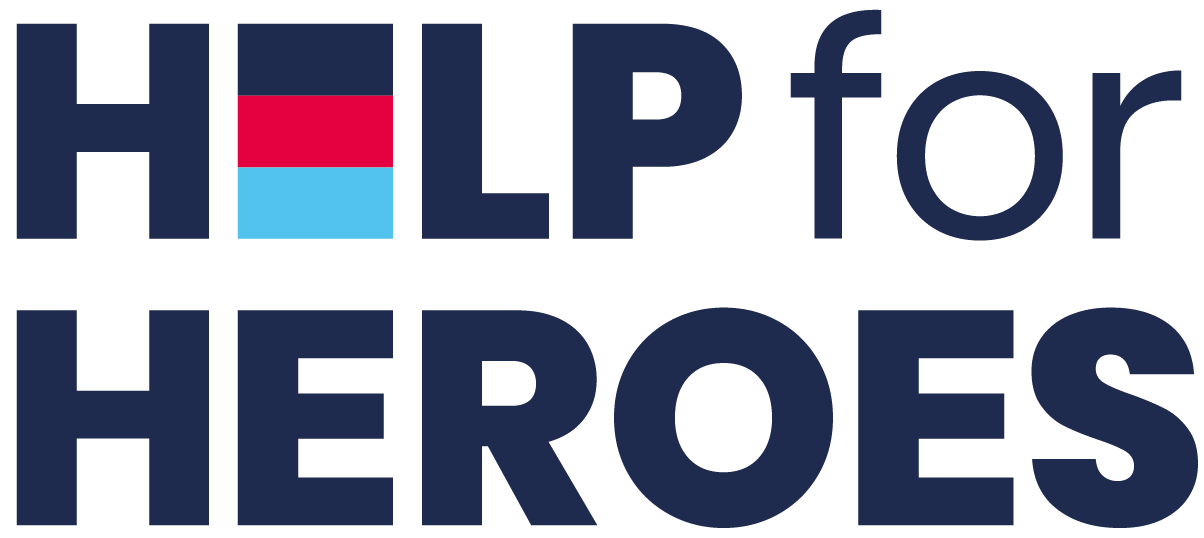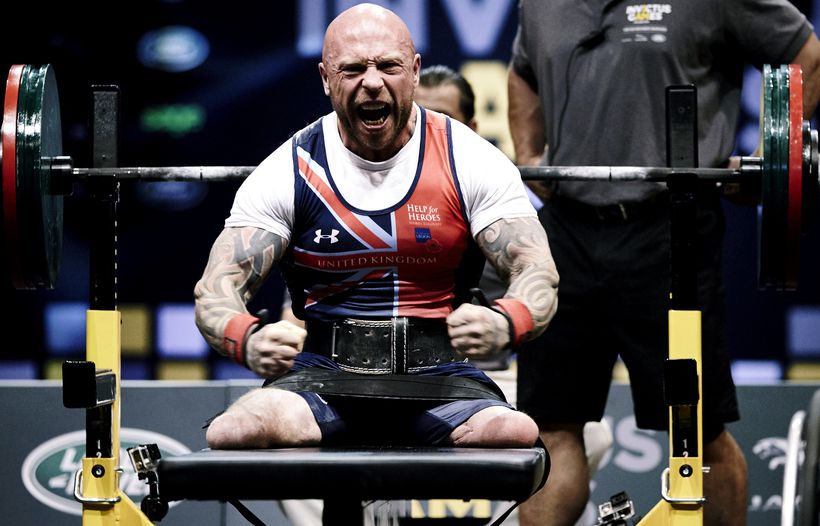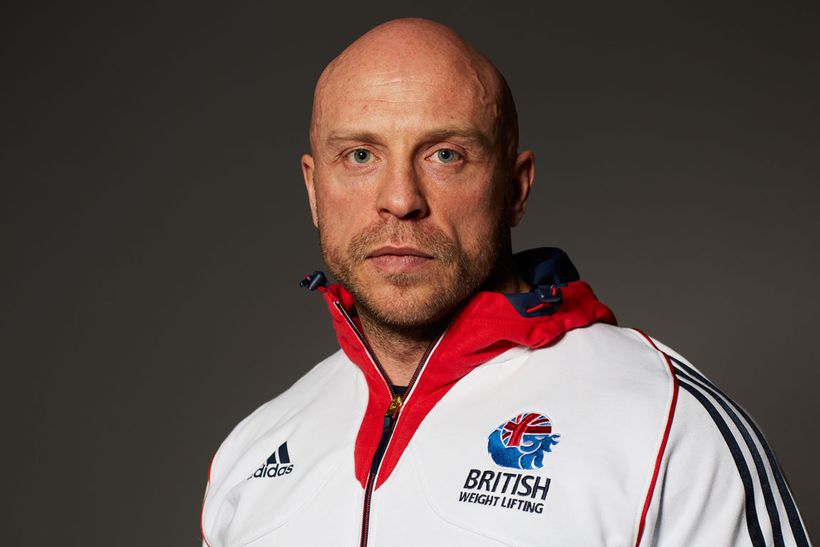Updated on
Micky was serving in Afghanistan in 2010 with the Royal Engineers when he stepped on an Improvised Explosive Device (IED). He immediately lost his left leg and suffered other significant injuries. Once safe in Camp Bastion, Micky’s right leg was removed.
Aware his time in the Army was coming to an end, Micky used the power of sport to help him overcome his injuries and the loss of his career. Six years later, he was selected to serve his country once more as a Paralympian powerlifter, competing for the first time in Rio 2016 and then again in Tokyo 2020 where he won a bronze medal.
“IEDs were the biggest threat in Afghanistan and 2010 was a particularly bad year for casualties. The lads found it really tough to deal with, but we had no choice other than to carry on with our jobs as normal.
“It was just another patrol, but this time I was the unlucky one. When I stood on the pressure plate I detonated the explosive that tore my left leg off instantly, and left my right in very bad shape.
“My first concern was to get the guys to stop the bleeding. I’d seen friends bleed out and knew that I didn’t have long. They did a fantastic job, doing everything we had practiced so many times, and gave me enough time to be taken back to Bastion for the emergency operations that saved my life, including the amputation of my right leg.
“The biggest challenge I’ve faced since being injured has been trying to come to terms with the restrictions on what I can do now, but this has gotten easier with time. When I was first injured, I went from being a big tough squaddie to someone who needed help to do everything in a flash. Not only had I lost my legs, but I’d also broken both of my arms and I felt good for nothing – more of a nuisance than anything.
“After a few months of rehabilitation at Headley Court, I took part in a talent ID day that was looking for potential GB Paralympians. I tried out for a few sports but was really holding out for the powerlifting. I’m a bit of a caveman – not very good at skilful games, but can lift heavy weights! I was a powerlifter in the Army before being injured and thought I’d take selection for the Paralympics in my stride.
“When I didn’t make the cut I was annoyed, but I knew that I was still on medication and not feeling 100%. The rejection was all I needed to give me a kick up the bum and to get in shape. I knew I had it in me, so I put in a bit of sneaky training at home and went to a Scottish ID day off my own back. I was selected for the Commonwealth Games.
“Help for Heroes has supported me from day one. Civvy gyms don’t have the weights I need, or the adapted benches to lift them on, so without a grant from Help for Heroes for the right equipment, I wouldn’t have been able to set myself such high target.
“If you’re going to do something then why not be the best in the world at it? That’s what I’m trying to do at the moment. When I sit down to lift, I just want to show everybody the hard work’s paying off. Show everybody that just because I was injured in Afghanistan that I’m not ready just to get thrown on the scrapheap.”
“My coaches, Help for Heroes and my family have been there for me throughout my entire journey. They support me because they want me to get just a bit better. And if I can get a little bit better, then it might make me feel better and it might make things better at home, and it might make things better for my rehab. They’ve all been there for me from the very start and I’m very grateful that they’re still here now.”
“I hope the public continues to support Help for Heroes because we’re still recovering. I’ve been injured for many years, and although I may be in great physical shape, I still have a long way to go. The Afghan war will leave a legacy – thousands of guys will suffer throughout their lives, some with physical injuries, others with PTSD or depression. They won’t recover overnight and will always need help.”
While it takes strength to serve in the Armed Forces, it takes a different kind of strength to live life beyond injury. Some of our wounded heroes are living with injuries so severe, they are dependent on round-the-clock care. They were told they would never walk again, never talk again, never live independently again. But with the right support, they can defy the odds. #NeverSayNever
Sign up to receive news and information on how, together, we are providing vital support to veterans every day.
SIGN UP








